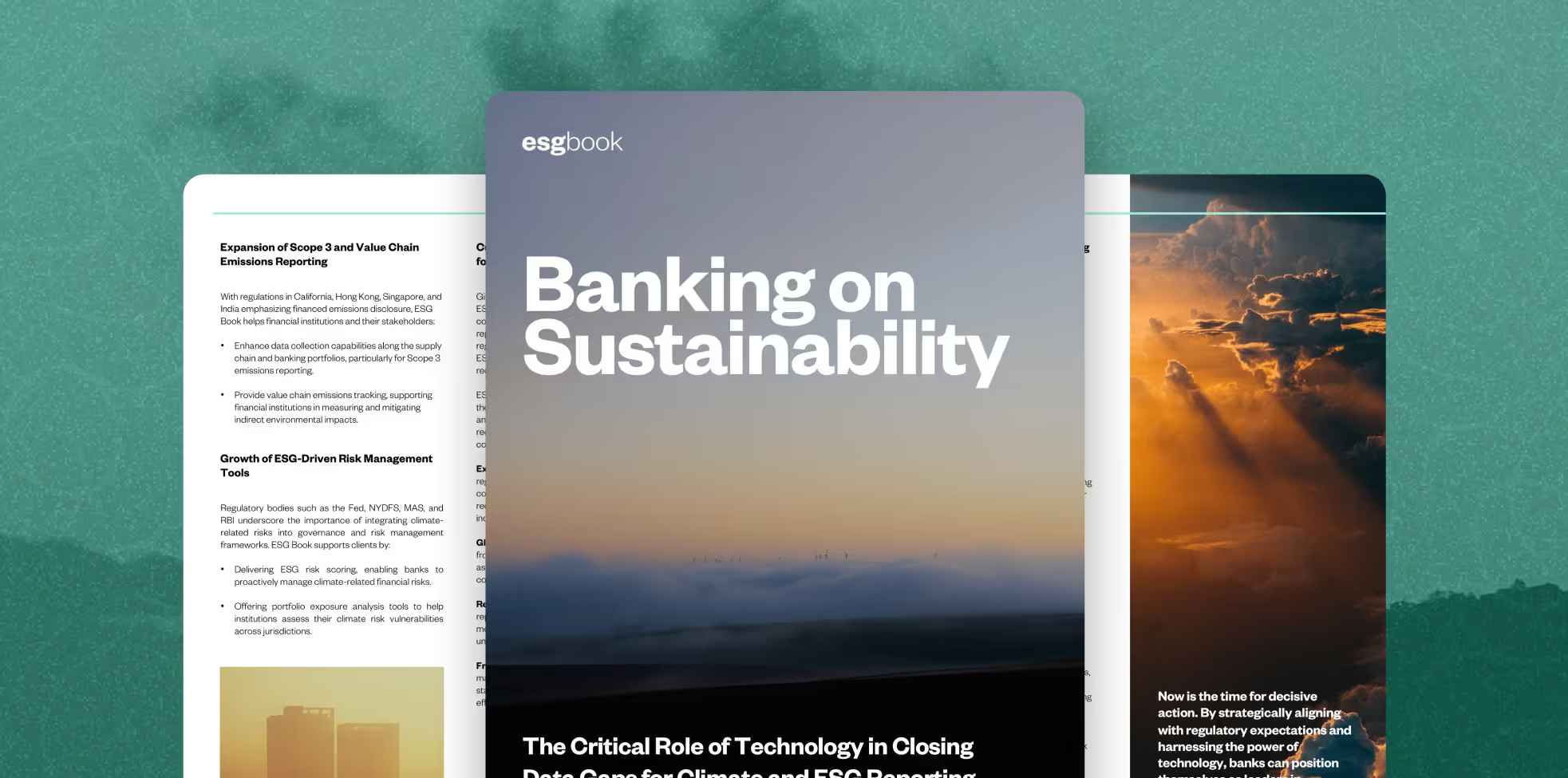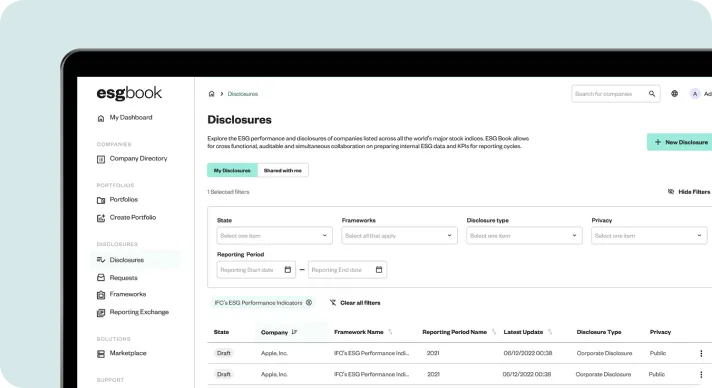Banking on Sustainability


Sign-up to unlock the full article
Sustainability is becoming a core consideration in banking, reshaping how institutions define risk, opportunity, and long-term value.
Increasingly, financial institutions are encouraged to incorporate ESG risks-related considerations in strategies and objectives, governance structures, and to manage these risks as drivers of financial risks in their risk appetite and internal capital allocation process. In this capacity, banks play a critical role in enabling the transition to a sustainable economy.
In this white paper, we explore the evolving regulatory landscape of banking-specific ESG regulations, with a geographic focus in Europe, the United States and Asia. Global regulatory regimes such as the Basel Committee on Banking Supervision (BCBS) are also included in our analysis.
In 2022, the BCBS launched the foundational framework for addressing climate-related financial risks with the publication of its "Principles for the Effective Management and Supervision of Climate-Related Financial Risks". These principles provide a blueprint for global regulators to issue a range of policy instruments enabling the assessment of climate and ESG risks.
Global regulators are now working on a range of policy instruments designed to identify, monitor, and manage ESG risks but also to support banks’ activities towards the transition to a climate-neutral, climate-resilient, resource efficient and fair economy.
The paper further goes on to identify persisting challenges and pain points in ESG reporting for global financial institutions, highlighted by significant data gaps and inconsistencies in the way sustainability data is currently being presented. Finally, we delve into the potential of harnessing technology-enabled solutions for bridging these data gaps, before examining future trends and recommendations.
Read More Research


.jpg)
